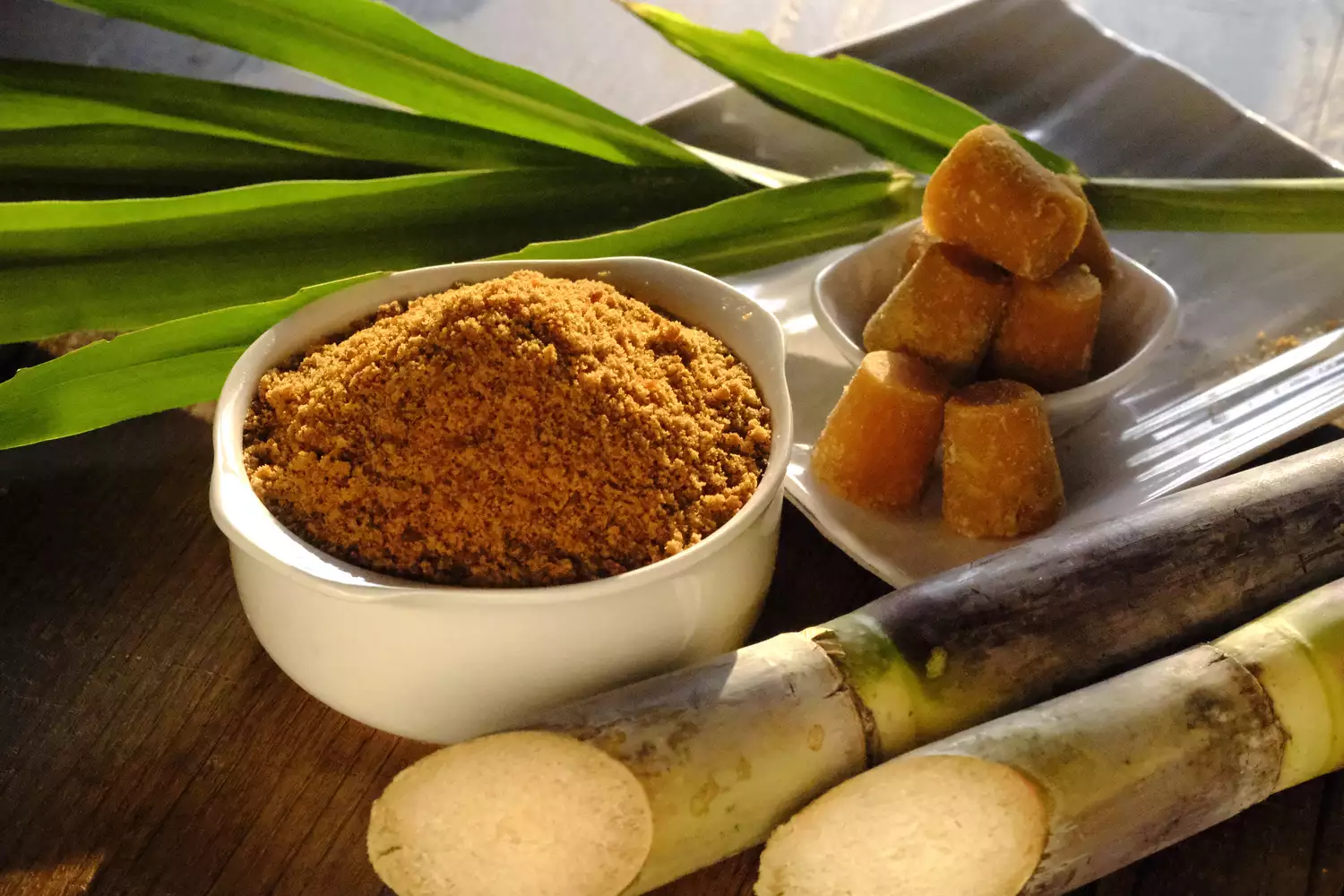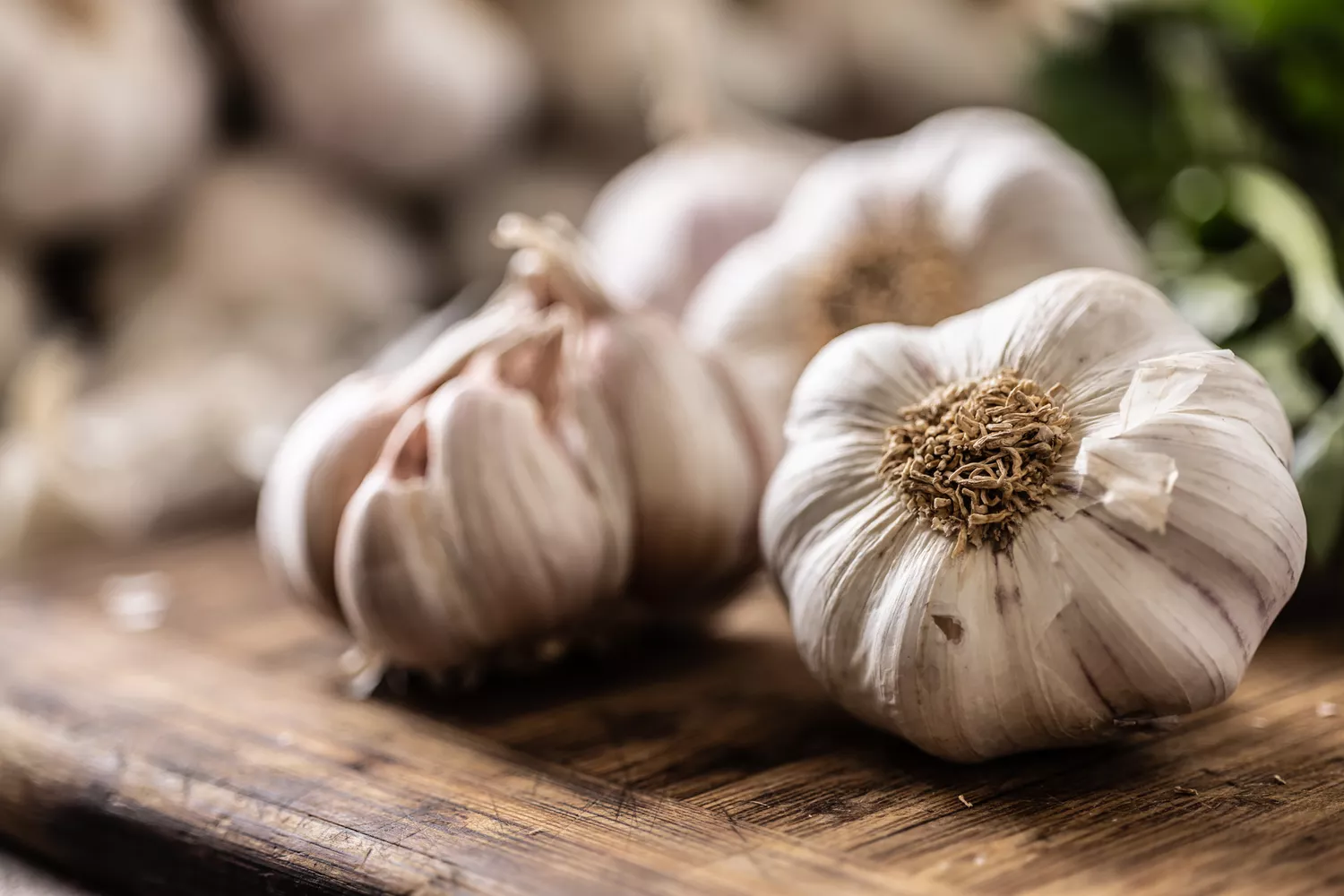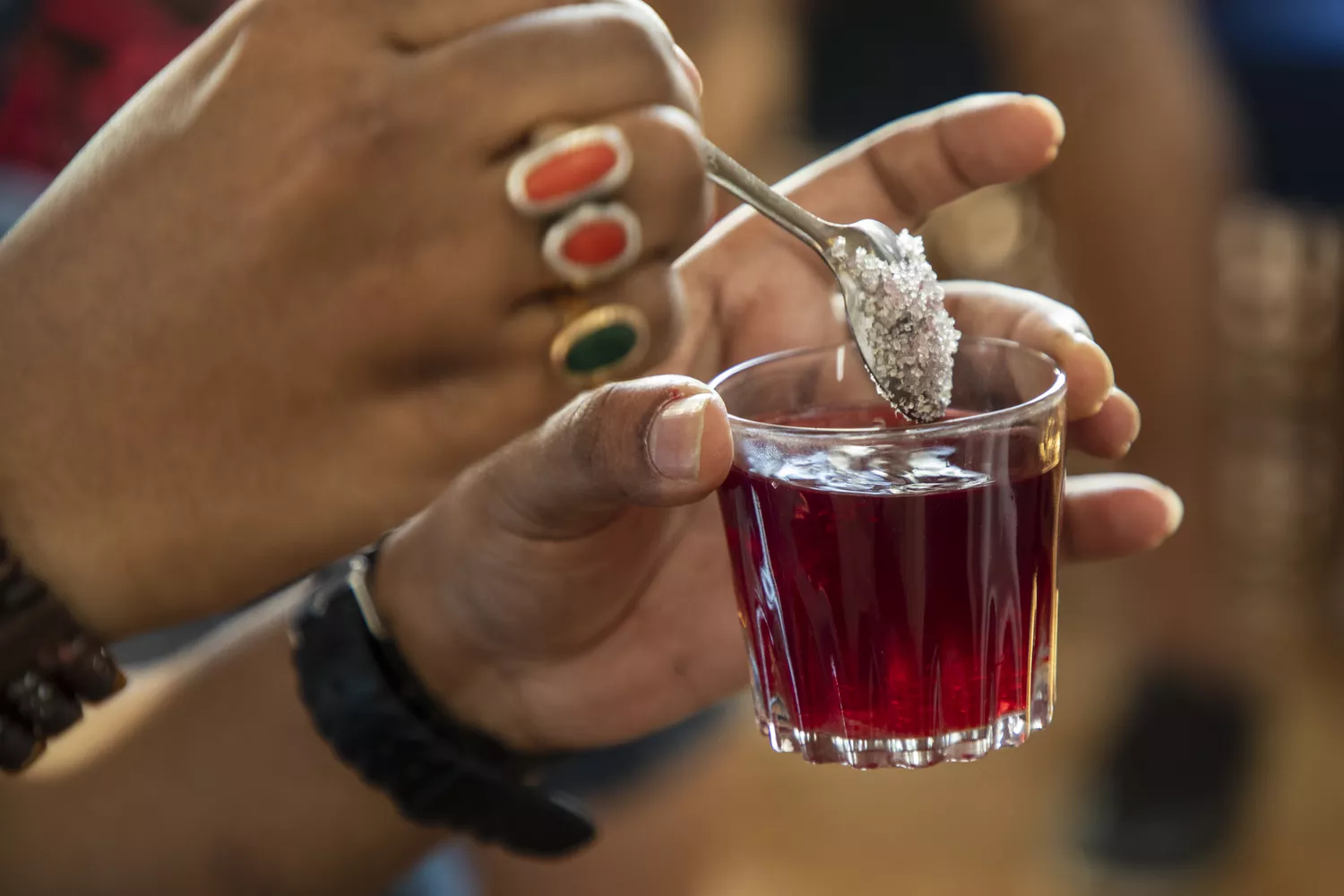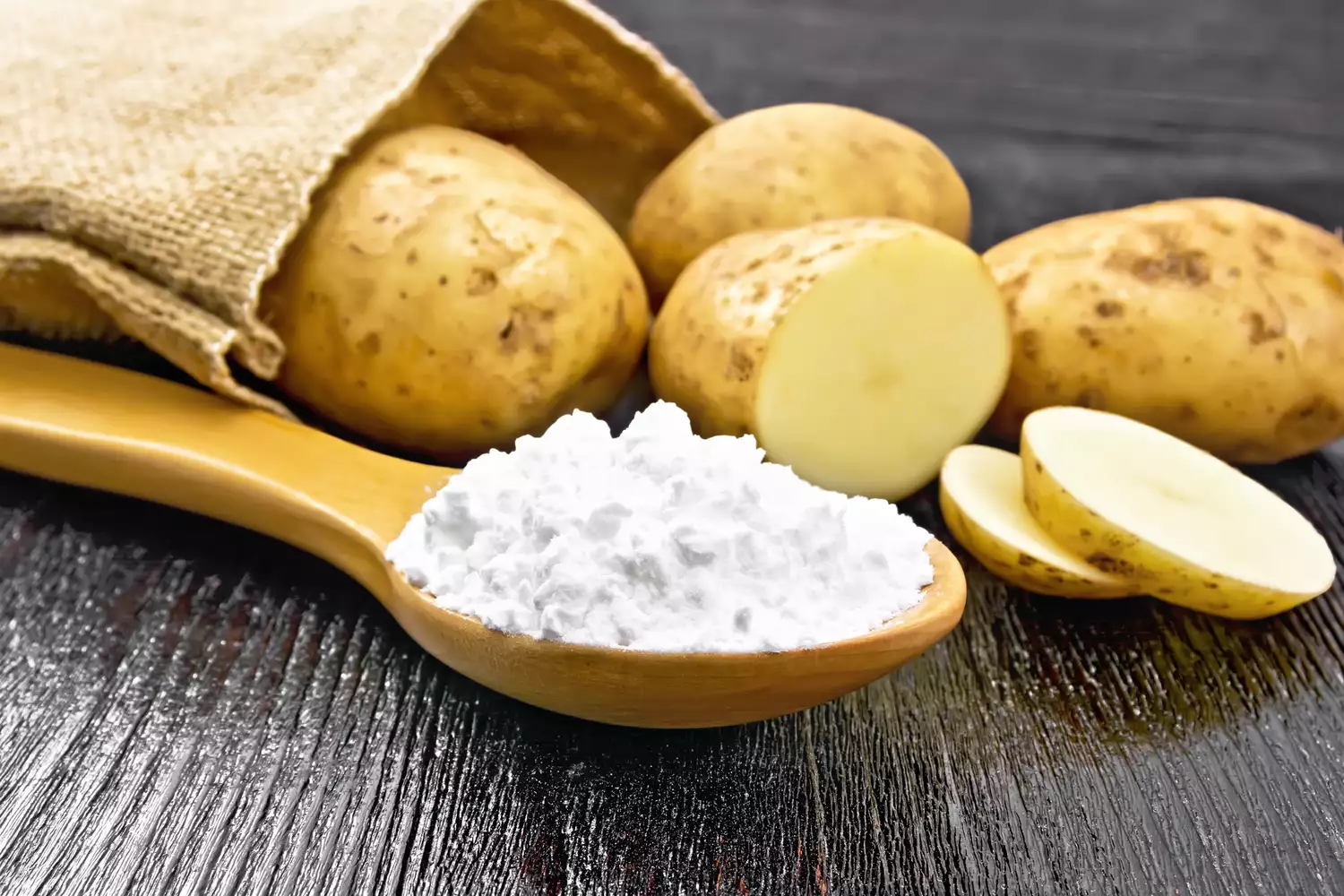Jaggery is a sweetener made by steaming, concentrating, and clearing up sugarcane juice or the sap of hands. It can be found in various types, consisting of solid, fluid, and powdered jaggery.1.
Jaggery has actually long been used as a sweetener and natural health and wellness booster in many components of the world, such as South Asia.1.
Jaggery is higher in anti-oxidants, vitamins, and minerals than polished sugar items and is commonly taken into consideration a much healthier option to white sugar. Nonetheless, jaggery is an additional sugar that can be dangerous if eaten excessively.
Offers Even More Nutrients Than Improved Sugar.
Improved sugars are detoxified, eliminating nutrients such as minerals and vitamins. Sugar crystals stemmed from sugarcane or sugar beetroots go through numerous improvement stages to make white sugar, which causes nutrient loss.2.
Clarifiers, preservatives, and bleaching representatives are included in sugar crystals while making sugar, resulting in vitamins and mineral losses. Therefore, refined sugar products supply little nutritional value besides power from their carbohydrate content.3.
Jaggery is an unrefined sweetener, which indicates it isn’t refined like white sugar. It maintains nutrients found in sugarcane and hand sap, such as calcium, phosphorus, magnesium, potassium, iron, zinc, copper, and vitamins like folic acid.1.
Normal portion dimensions of jaggery do not give substantial quantities of nutrients. You would need to take in large amounts of jaggery to contribute to your day-to-day nutrient requirements.
To eat 10{0b029884226bf181d7dbb01df59f2ff24db55360df081b8ac2080ee728e3010f} of your daily potassium requirements, you ‘d need to eat about a quarter-cup of jaggery (a normal serving is one tbsp). On the other hand, one banana supplies the same quantity of potassium plus many various other nutrients, like fiber, that jaggery doesn’t have.14.
Like any type of other sweetener, jaggery is suggested to be consumed in tiny portions as a flavor representative and should not be relied upon to give nutrients.
Contains Antioxidants.
Anti-oxidants secure cells from damage by counteracting responsive substances called cost-free radicals. This helps stop oxidative stress and anxiety, which happens when free extreme levels end up being expensive.5.
Oxidative tension can boost the danger of health and wellness conditions like heart problem and particular cancers cells. Consuming an antioxidant-rich diet can help in reducing and prevent oxidative stress to secure against illness.5.
Researches show that jaggery is greater in antioxidants– such as phenols and phenolic acids– than improved white sugar. The quantity and types of safety plant substances, such as anti-oxidants, in jaggery differ. This can depend upon variables like exactly how the sugar is refined and which sugarcane selections it’s stemmed from.6.
Though jaggery contains much more anti-oxidants than refined white sugar, there’s no proof that jaggery can boost your body’s antioxidant defenses. It’s ideal to boost your antioxidant consumption with foods recognized for their high levels of antioxidants, such as fruits, vegetables, spices, and environment-friendly tea.7.
Just How Is Jaggery Made?
Jaggery is originated from sugarcane, a perennial grass utilized for sugar production, or the sap of hands, such as day or coconut hands. The sweetener is offered in liquid, strong, and granular type. Solid jaggery is one of the most prominent form.1.
To make jaggery, sugarcane or palm sap is boiled, concentrated, and strained to eliminate debris. The sugarcane is warmed to 248-252 degrees Fahrenheit (120-122.2 degrees Celsius), depending upon the type of jaggery product.1.
The end product is made up of small sugar crystals, molasses deposits, and other compounds located in sugarcane juice and palm sap, such as nutrients.1.
Jaggery differs in shade from gold to dark brown and has a wonderful, molasses-like flavor.
Nutrition of Jaggery.
Though jaggery is greater in nutrients than refined sugar, typical serving dimensions don’t offer high degrees of minerals and vitamins.
A 1-tablespoon (15-gram) offering of jaggery contains:8.
Calories: 60.
Fat: 0 grams (g).
Healthy protein: 0 g.
Carbs: 14 g.
Fiber: 0 g.
Calcium: 20 milligrams (mg), or 2{0b029884226bf181d7dbb01df59f2ff24db55360df081b8ac2080ee728e3010f} of the Daily Worth (DV).
Iron: 0.36 mg, or 2{0b029884226bf181d7dbb01df59f2ff24db55360df081b8ac2080ee728e3010f} of the DV.
As a raw sugar item, jaggery has higher levels of nutrients, consisting of minerals and vitamins, than polished sugar.
To acquire substantial nutrition, you would certainly require to consume big amounts of jaggery, which may not be good for overall wellness. Six tbsps of jaggery fulfills simply 10{0b029884226bf181d7dbb01df59f2ff24db55360df081b8ac2080ee728e3010f} of your day-to-day calcium demands.
Jaggery is made totally of carbohydrates. Consuming big quantities of any sweetener, including natural and refined sugars, isn’t recommended as a result of adverse impacts on blood glucose, heart health and wellness, body weight, and a lot more.9.
Other foods, such as fruits, vegetables, and healthy protein resources like eggs, beans, and Greek yogurt, are a much better resource of nutrients than sugar like jaggery.
Risks of Jaggery.
Jaggery is an added sugar. Added sugars are sweeteners included in food and beverages to boost flavor. The average individual in the United States takes in about 270 calories (about 17 tsps) each day of added sugar– greater than the suggested consumption.10.
The American Heart Association (AHA) recommends restricting sugarcoated to no more than 6{0b029884226bf181d7dbb01df59f2ff24db55360df081b8ac2080ee728e3010f} of calories each day, which relates to 6 tsps for ladies and 9 tsps for guys.11.

Diet regimens high in sugarcoated are linked with health and wellness worries such as weight gain, fatty liver condition, high blood sugar level, and heart problem.1213.
People with problems associated with blood glucose, such as prediabetes and diabetics issues, should carefully monitor their sugar intake. Taking in excessive sugar from any source can significantly affect blood glucose degrees and raise the danger of diabetic difficulties, such as neuropathy and kidney concerns.14.
Like any kind of sweetener, jaggery should be enjoyed in percentages and as a marginal part of your calorie intake. Attempt to decrease your added sugar consumption by limiting your consumption of foods and beverages which contain sugar like agave, fine-tuned sugar, and jaggery.11.
Is It Much healthier Than Sugar?
Jaggery includes higher levels of vitamins, minerals (e.g., calcium, potassium, iron), and antioxidants than fine-tuned white sugar.115.
Nevertheless, since jaggery is usually eaten in percentages, it’s not a considerable dietary source of nutrients or valuable plant substances like anti-oxidants.
While jaggery is extra nutritious than refined white sugar, any kind of sweetener– refined or otherwise– need to be limited. Diet plans high in added sugar can hurt wellness and rise condition danger. Instead, prioritize foods understood to advertise and protect health, such as fruits, beans, vegetables, nuts, and fish.10.
Tips for Consuming Jaggery.
Jaggery can be utilized the same way as regular sugar. Below are a couple of methods to take in jaggery:.
Usage jaggery to sweeten tea and coffee.
Sprinkle jaggery onto oatmeal and porridge.
Use jaggery as a substitute for polished sugar in baked products like cookies and cakes.
Add jaggery to sauces and dressings.
Jaggery is a functional and yummy ingredient to stock in the cooking area. To minimize your added sugar consumption, use jaggery in percentages and appreciate it in moderation.
A Quick Review.
Jaggery is a raw sweetener made from sugarcane or hand sap. Due to the fact that jaggery does not undergo the same refinement procedures as refined sugar, it preserves more of its all-natural nutrients.
While jaggery contains antioxidants, vitamins, and minerals like calcium and iron, the quantity of nutrients within a regular serving is minimal.
Jaggery, like any kind of sweetener, need to be eaten in small amounts to maintain your added sugar usage reduced.



